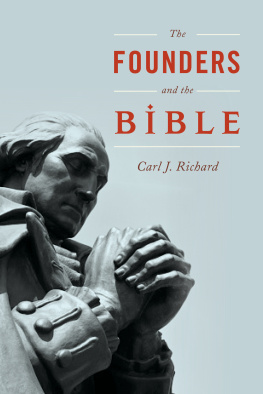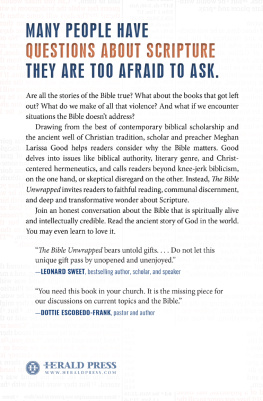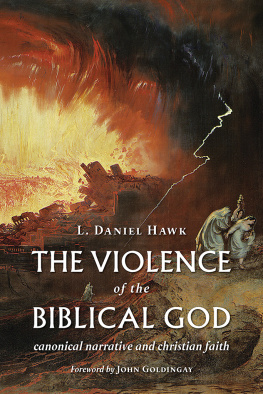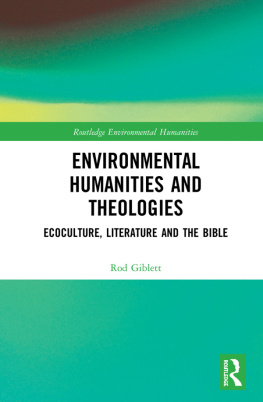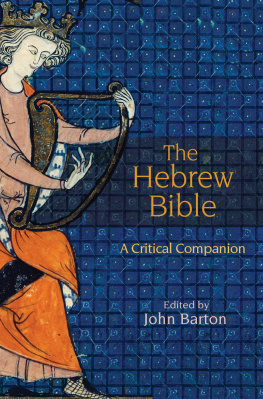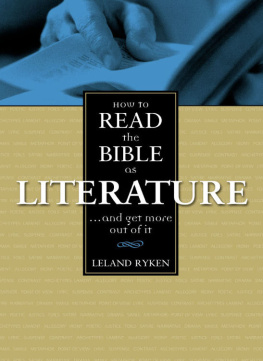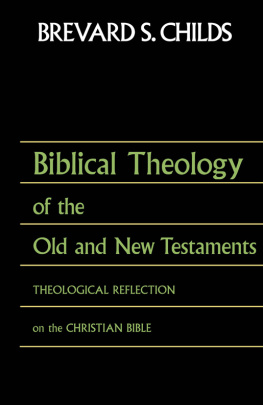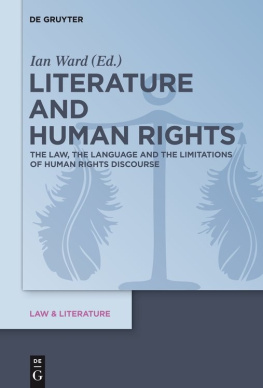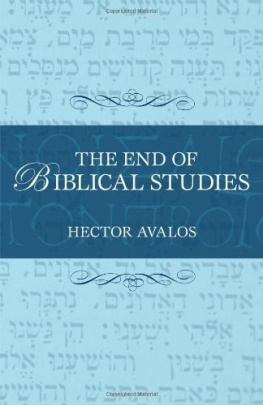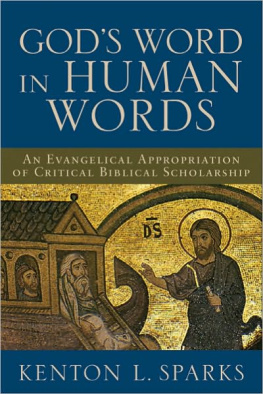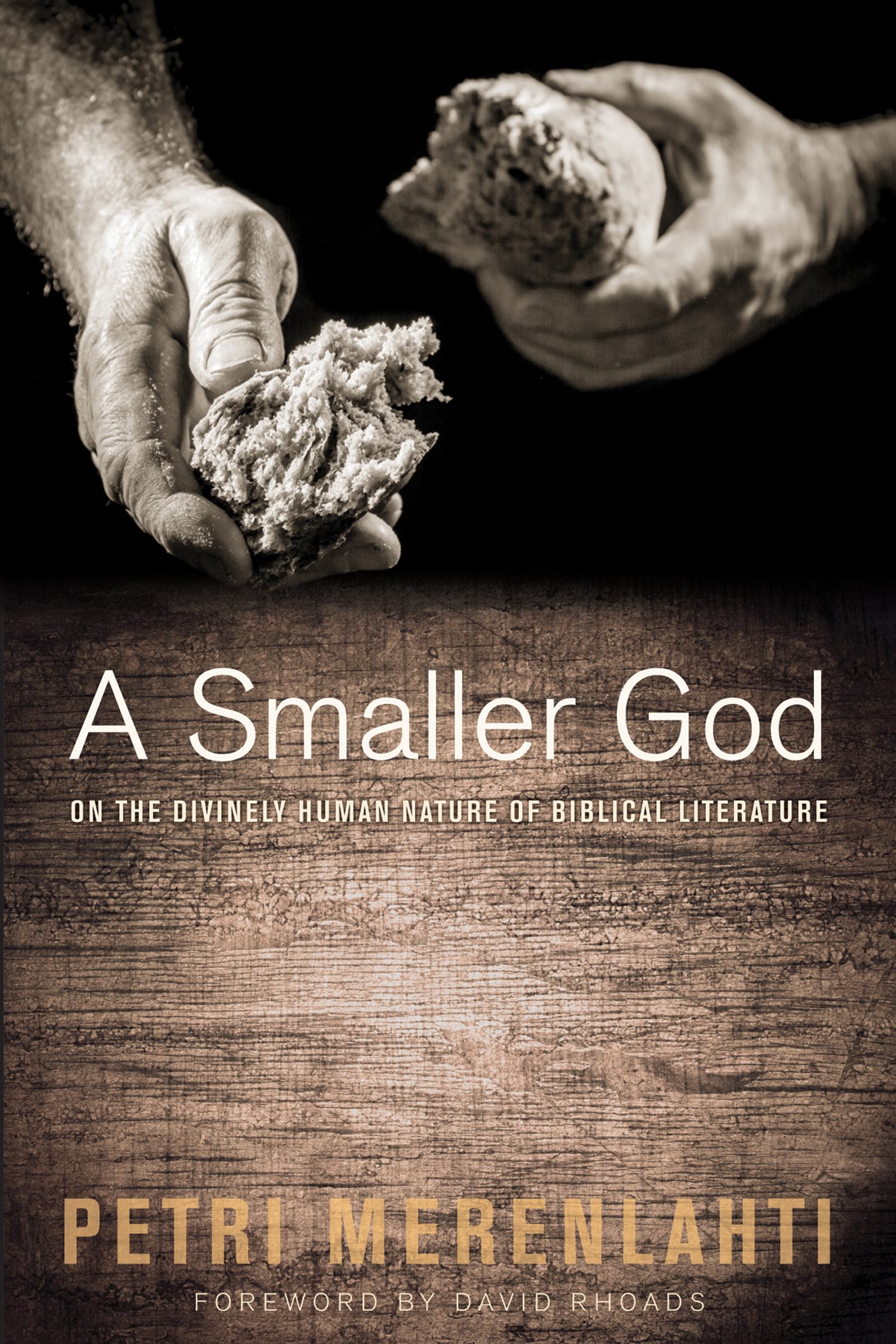A Divinely Human Book
Religion Returns
In todays world, religion divides people like a sword. The spectrum of opinions is wide and rich with extremes. For some, faith remains an unparalleled pathway to a purposeful life. Others regard it as simply wicked, nothing short of a cancer of the human race. In between, there are a growing number of people who remain resolutely indifferent towards any organized religion, either because they insist on a personalized kind of spirituality of their own, or because religion simply isnt their type of a thing at all.
Typically, each of these groups thinks the others have misunderstood religion completely. When militant atheists, for example, claim that religious beliefs are unreasonable, apologists say this is not the faith they know of. In their view, God must be transcendent; otherwise, any talk of God would make no sense at all. This is to say that claims about God are of a different order than claims about the ordinary things of our everyday world. Therefore, it makes a poor argument to say that religion is irrational on the grounds that there is as little evidence of God as there is of, say, Bertrand Russells proverbial teapot orbiting the earth. That would be comparing apples and oranges.
The atheists, on the other hand, would advise us to take a good look at what average religious people are really like. A thoroughly transcendent God may well suit philosophers and theologians, but ordinary believers are in it for real. They are not spending their days contemplating some ethereal moral principle. Rather, they keep vivid and personal relations with a hilariously motley crew of gods, saints, spirits, and angels they think are quite present and perfectly real. To deny that would go against facts, and to call it primitive, superstitious, or otherwise inauthentic as religion would only show condescension.
Lastly, the great majority of people seem unlikely to join either the theologically sophisticated or the blatantly atheist camp. By all accounts, religion is not going away. Unlike what was predicted by many social scientists just a couple of decades ago, modern life, a higher standard of living, and better education did not make faith redundant. On the contrary, by the end of the last millennium religion had returned with a vengeance, and the form in which it reappeared was not contemplative or philosophically intricate but, in a variety of proportions, charismatic, consumerist, and political. Christian Pentecostalism swept over sub-Saharan Africa and Latin America, combining intense emotion with a straightforward prosperity gospel. In Europe, glossy magazines showcased do-it-yourself kits of spiritual healing, yoga exercise, and coffee-table Buddhism to their worldly cosmopolitan readers. The Christian religious right, Hindu and Buddhist nationalism, and radical Islam reintroduced religion to politics in their respective constituencies. Amidst it all, an even greater number of people who may feel positive about their religion, or remain happily indifferent to any, all agree that bigotry, pious or secular, is plainly annoying. Mainstream and extremism do not attract each otherthat is, after all, why they are called mainstream and extremism.
The Dark Side of Religion
Yet religion matters, and there is something to it that remains unlike anything else. When the critics and champions of faith point out its evils and blessings, respectively, they are not making those up. Horrible atrocities take place, not just in the name of religion but due to the fervor it incites in pious minds: terrorist attacks, ethnic cleansing, persecution of minorities, mass murder, collective suicide, holy war. On the other hand, religions also encourage people to suppress their ego and search for the common good; they advocate the cause of the poor and inspire campaigns for social justice; and, sometimes, they inspire extraordinary deeds that can only be described as saintly or heroic. More than half of all education and health care services in sub-Saharan Africa are currently provided by faith-based organizations, to pick just one example.
How can such an odd combination be? How should a commitment to the finest of ideals accord with extreme evil? Is there a particular demon for religious people, something they should come to recognize, so as to be able to fight it? This question is as old as religion itself.
It is tempting to cut the question short and conclude that religion itself is the problem. After all, what did you expect? Primitive systems of belief are hardly a match to modern empirical thinking, are they?
Yet religious faith and a modern, scientific understanding of the world need not be mutually exclusive. Quite many people seem happy to embrace both. It is true that the devil is in the details and if pressed hard, many such people might lack the conceptual tools to explain how exactly the two modes of experience go together. But the point is that they do not feel the need to press that hard, as long as it all works out in rough figures. If you want to know how the universe came into being and how it works, go ask a scientist; if youre interested in the meaning of life and wonder how you should live, turn to religion. Some corners of the United States apart, serious creationism remains a marginal phenomenon, and it is not unusual even for an Islamist activist in Europe to hold a Western university degree in science or technology.
Nor need holding on to a religious conviction mean that you replace your independent moral judgment for some archaic piece of ancient law. On the contrary, most religious authorities would suggest that you put that moral judgment into frequent use. Roman Catholicism and Lutheranism, for example, are major Christian denominations, and their adherents are taught that in moral terms Christians are in no way different from any other people. They all should consult their natural, God-given sense of morality. Therefore, as Luther put it, an irreligious sage makes a better ruler than a pious fool. What to do with the regrettable limitations all men and women have in duly following their moral senses, and the wish to be absolved from that, is a different matter entirely.
In fact, the core moral and spiritual teachings of major world religions are hardly unusual or outdated. On the contrary, many of them make perfect and universal sense: life is precious and rich with meaning; there is hope for humanity and the world; love your neighbor as yourself.
So, are holy wars and religious violence actually about something else than faith altogether? Is their true root cause not religion at all, but human prejudice, envy, greed, or hunger for power? After all, religions dont kill people, people do. This, too, can be an attractive thought. Yet as Katherine Marshall, senior fellow at the Berkley Centre for Religion, Peace, and World Affairs at Georgetown University, puts it, religion is not cuddly but raw and passionate and therefore at perpetual risk of going awry.
With religion, stakes are always high. In a fine study, When Religion Becomes Evil: Five Warning Signs , the Baptist minister and professor of religion Charles Kimball lists several features that make religion prone to abuse: religions make absolute truth claims and promote universal values; they require discipline and obedience; they foster utopian visions of a world more worthy that the one we currently live in; they feel strongly for what they regard as holy; and they are not afraid to stand up for what they think is right. While none of this is detrimental as such, there is no limit to the damage that will follow if any of these principles are taken to extremes. When that occurs, the link between religion and violence is not accidental. Rather, it will result in a specific kind of abuse that is religious in nature. It comes in all sizes and colors. Peoples thoughts and behavior may be controlled minutely by a totalitarian authority. An assertive spiritual leader may impose a rule of blind obedience over his or her flock. The quest for doctrinal or ritual purity may lead to discrimination against minorities, or it may ignite utopian frenzy, so that those caught in it try to force an apocalypse.


